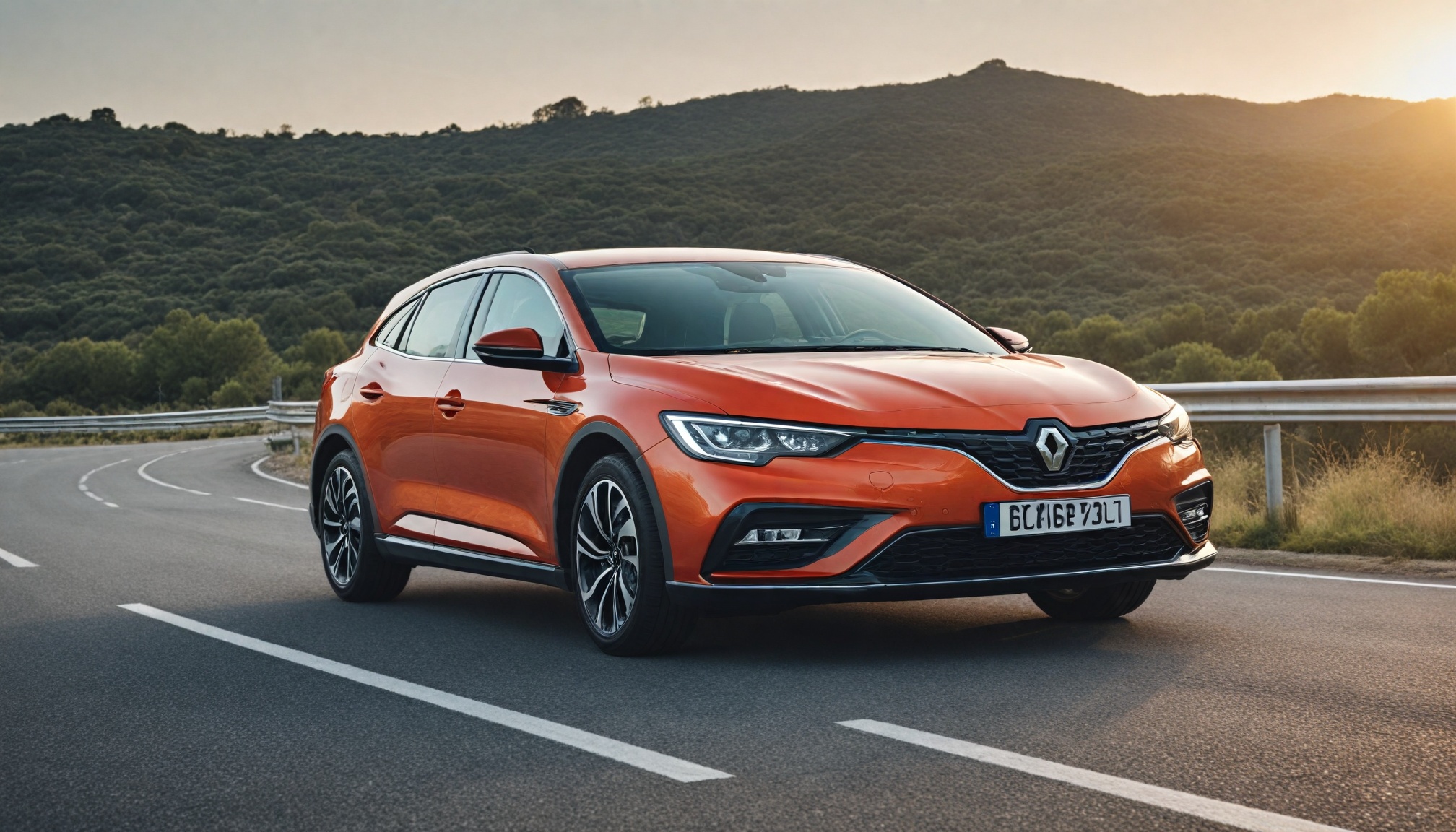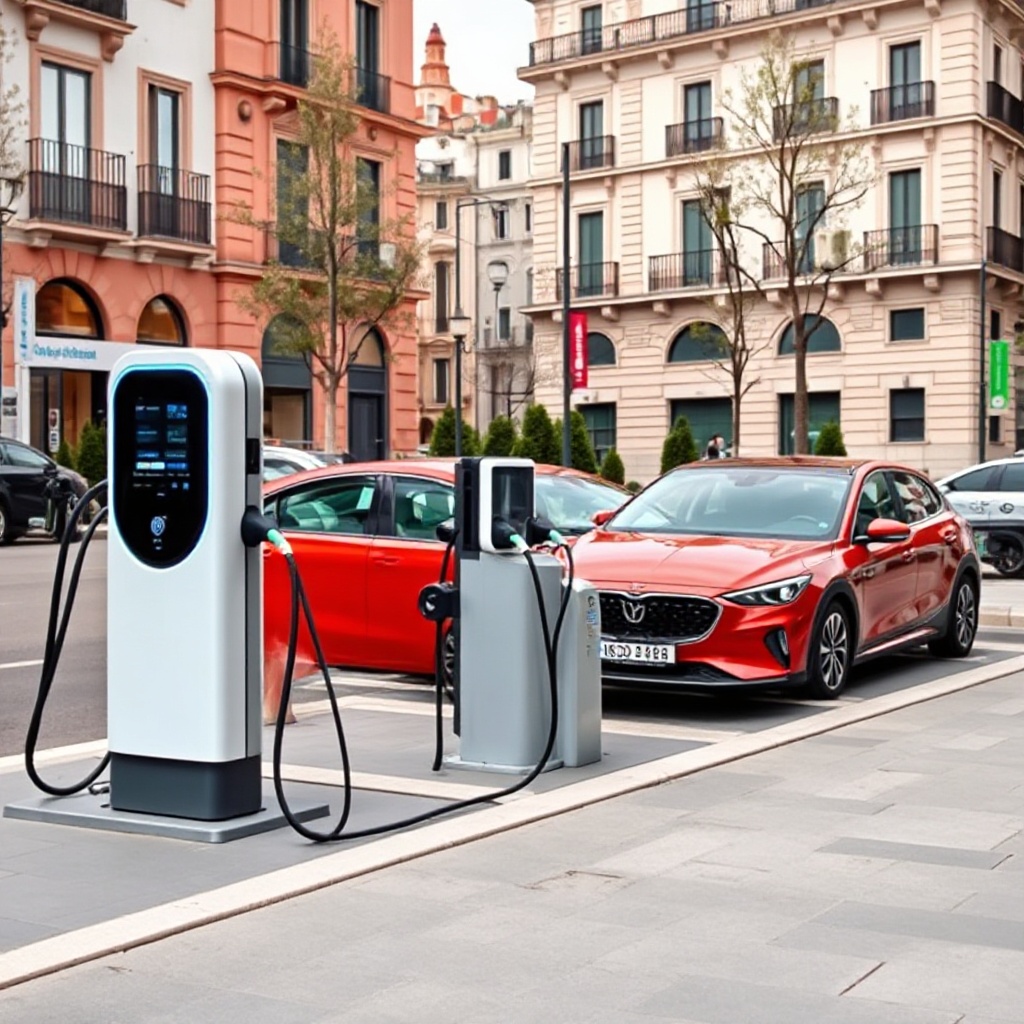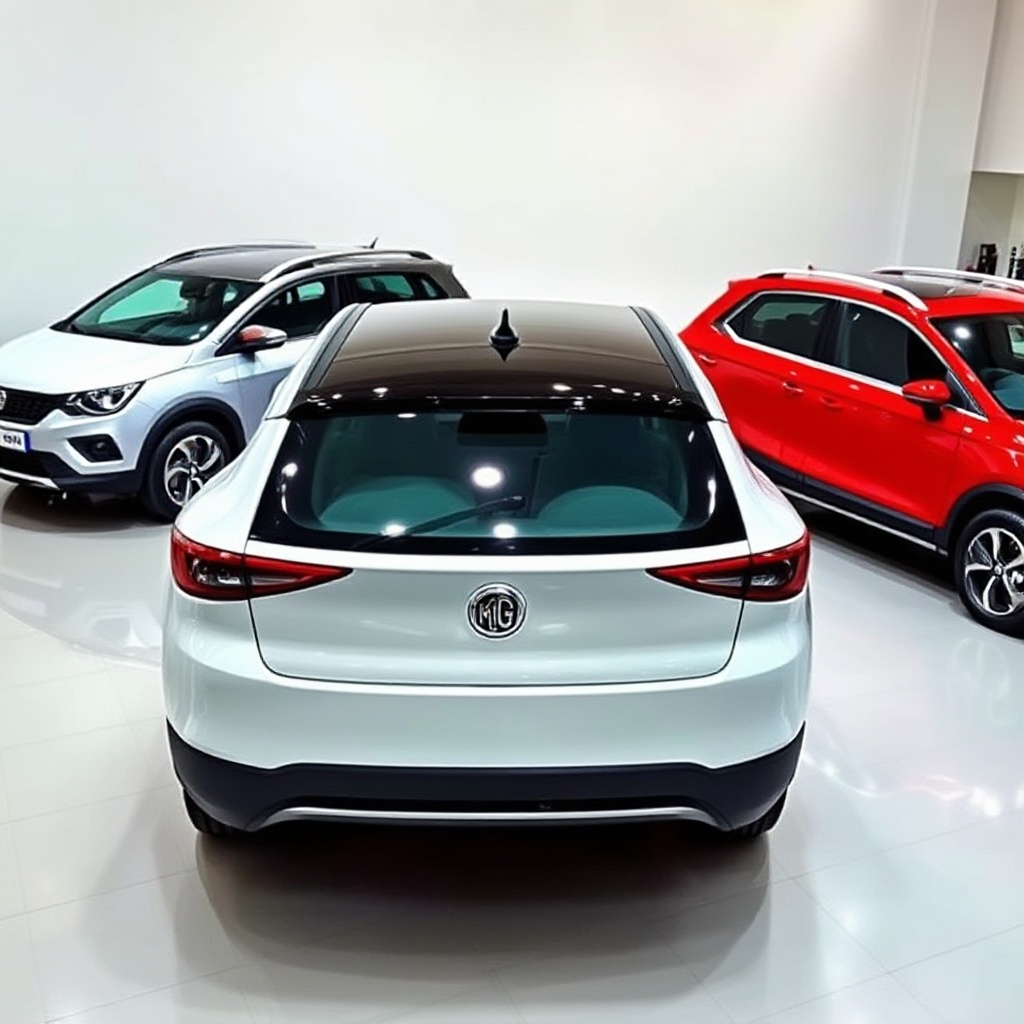
Spain's auto market grows 7% in April, with electrified vehicles gaining momentum as Chinese brands disrupt and European manufacturers adapt to changing consumer preferences.

Drivetech Partners
Spain's automotive market is experiencing a remarkable transformation as registrations climbed 7% in April 2025, exceeding 98,000 units amid a broader shift toward electrified vehicles. This growth reflects changing consumer preferences driven by government incentives, with Chinese manufacturers disrupting the competitive landscape while established European brands adapt their strategies to maintain market relevance.
Key Takeaways
Spanish car market achieved 14.1% growth in Q1 2025, with March registrations jumping 23.2% year-over-year
Conventional hybrids command 44% market share while diesel vehicles plummet to just 5.7% of sales
Chinese brands like BYD are experiencing explosive growth rates of up to 644% year-to-date
European manufacturers including Renault and SEAT are successfully countering with triple-digit sales increases
Tesla faces significant challenges with sales dropping 36% despite the overall electric vehicle segment growing 54%
Spanish Car Market's Spectacular Growth Signals New Era of Mobility
The Spanish automotive sector is witnessing unprecedented growth in 2025, with passenger car registrations reaching 116,725 units in March, representing a 23.2% increase compared to the same month in 2024. This surge continued into April, with more than 98,000 units sold. First quarter sales totaled an impressive 279,368 units, marking a 14.1% increase from the same period last year.
Monthly registrations have shown a consistent upward trajectory, increasing from 90,327 units in February to 116,725 units in March 2025. This growth isn't just about numbers – it represents a fundamental shift in consumer preferences toward electrified vehicles that's reshaping the entire market landscape.

Electric and Hybrid Vehicles Dominate as Traditional Fuels Fade
The electrification revolution in Spain is gaining remarkable momentum. Overall EV sales surged by 54% in the first four months of 2025 compared to the same period in 2024. Battery electric vehicles achieved a 15.2% market share in Q1 2025, while conventional hybrid vehicles led all categories with a dominant 44% market share in February.
By February 2025, electric and plug-in hybrids combined exceeded 14% market share, signaling a rapid consumer shift away from traditional fuel types. This transition is evident in the significant decline of petrol car registrations, which fell by 20.6% in Q1 2025. Even more dramatic is the collapse of diesel vehicle popularity, representing only 5.7% market share in February 2025 and chosen by just 6% of buyers. Gasoline vehicles have better withstood this transition, maintaining a 31.0% market share in February.

Chinese Manufacturers Disrupt Spanish Auto Market
The meteoric rise of Chinese manufacturers in Spain represents one of the most significant disruptions in the market. BYD's sales increased by an astounding 644% in the first four months of 2025, establishing the brand as a serious contender in the Spanish automotive landscape. Other Chinese brands are showing similar growth patterns, with MG sales up 80% year-to-date and Omoda experiencing a 346% surge.
These newcomers aren't just gaining market share – they're actively capturing leadership positions in key segments. The MG ZS claimed the title of second best-selling car in Spain during March 2025, while the BYD Seal U was the best-selling plug-in hybrid model that month with 858 units sold. This success follows the Toyota C-HR's leadership in the plug-in hybrid category in February with 808 units sold.
Chinese manufacturers are challenging established European brands through a winning combination of competitive pricing and advanced technology, particularly in electrified vehicles where they often enjoy manufacturing advantages.
European Brands Fight Back with New Strategies
European manufacturers aren't surrendering market share without a fight. Renault has mounted a particularly impressive comeback, with sales increasing 101.5% to 9,473 units in March 2025. Spanish brand SEAT also performed exceptionally well, with sales jumping 48.7% to 8,549 units.
Other traditional European brands showing significant growth include Volkswagen, with sales up 37.0% to 7,957 units, and Peugeot, increasing 31.3% to 7,516 units. Not all established manufacturers are thriving, however – Toyota experienced a 23.7% decrease to 7,123 units despite the overall market growth.
These traditional automakers are adapting their strategies through new electric model introductions and strategic pricing adjustments to remain competitive against both Chinese newcomers and other established players.

Tesla's Spanish Struggles Highlight Changing Competitive Landscape
Once the undisputed leader in electric vehicles, Tesla is facing unprecedented challenges in Spain. The American EV manufacturer saw its sales drop by 36% in April 2025 compared to April 2024, selling just 571 vehicles during the month. This decline isn't isolated to Spain – Tesla's European sales declined by 17% in the first four months of 2025 compared to the same period last year.
Tesla's difficulties highlight the rapidly evolving competitive dynamics in the EV market. The once-dominant brand is now facing fierce competition from both legacy manufacturers who have expanded their electric offerings and new players, particularly from China, who can often offer comparable technology at more competitive price points.
Government Incentives Accelerate Electrification Transition
The Spanish government's comprehensive support programs for electric mobility have been instrumental in driving the market transformation. Robust incentive programs are effectively encouraging consumer adoption of electric and hybrid vehicles through a combination of tax benefits, purchase subsidies, and investments in charging infrastructure.
These policy measures, aligned with broader EU climate goals, are actively reshaping purchasing decisions across all market segments. Local initiatives at the regional and municipal levels are complementing national programs to further accelerate the transition away from internal combustion engines and toward an electrified transportation future.
Market Segments Show Varied Growth Patterns
Different market segments are experiencing distinct growth trajectories in Spain's evolving automotive landscape. Private car sales in February increased 15.9% to 40,321 units, representing the strongest growth segment. Business sales showed more modest growth of 3.9% to 29,646 units, while rental car sales increased by 13.0% to 20,360 units.
The best-selling cars in March 2025 reflected diverse consumer preferences, with the Dacia Sandero, MG ZS, Nissan Qashqai, SEAT Arona, and Renault Captur claiming the top spots. Regional factors also influenced sales patterns, with areas affected by the DANA weather phenomenon showing significant increases – accounting for 4,270 more sales in February 2025 compared to the previous year. Without this regional effect, the February market would have grown by only 5.8%.
As Spain's automotive market continues its transformation, the interplay between consumer preferences, government policies, and manufacturer strategies will determine which brands thrive in this rapidly changing landscape.
Sources
ACEA: New car registrations 1-9 in Q1 2025 battery electric 15.2% market share
Marklines: Automotive sales in Spain by month
ACEA: New car registrations 3 in February 2025 year-to-date battery electric 15.2% market share
Autovista24: Strong start to 2025 for Spain as new car market grows in January
EVXL: Tesla sales plunge 36% in Spain


